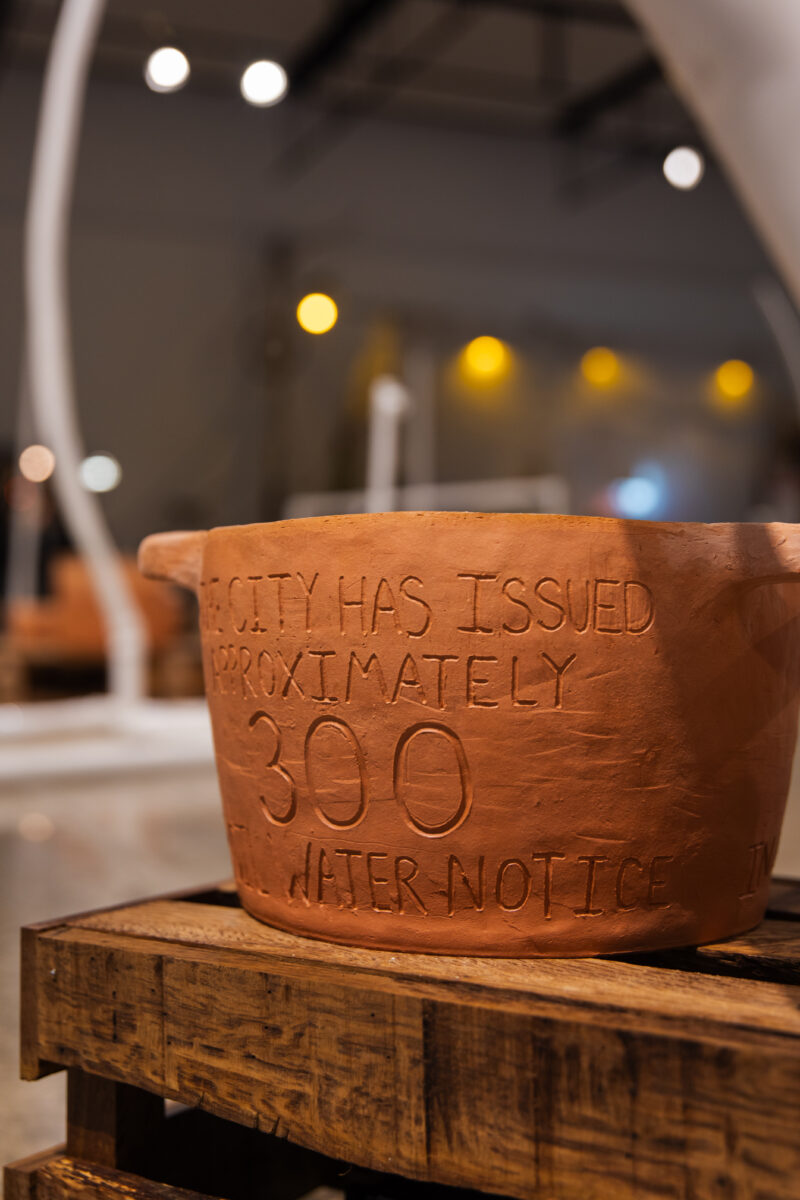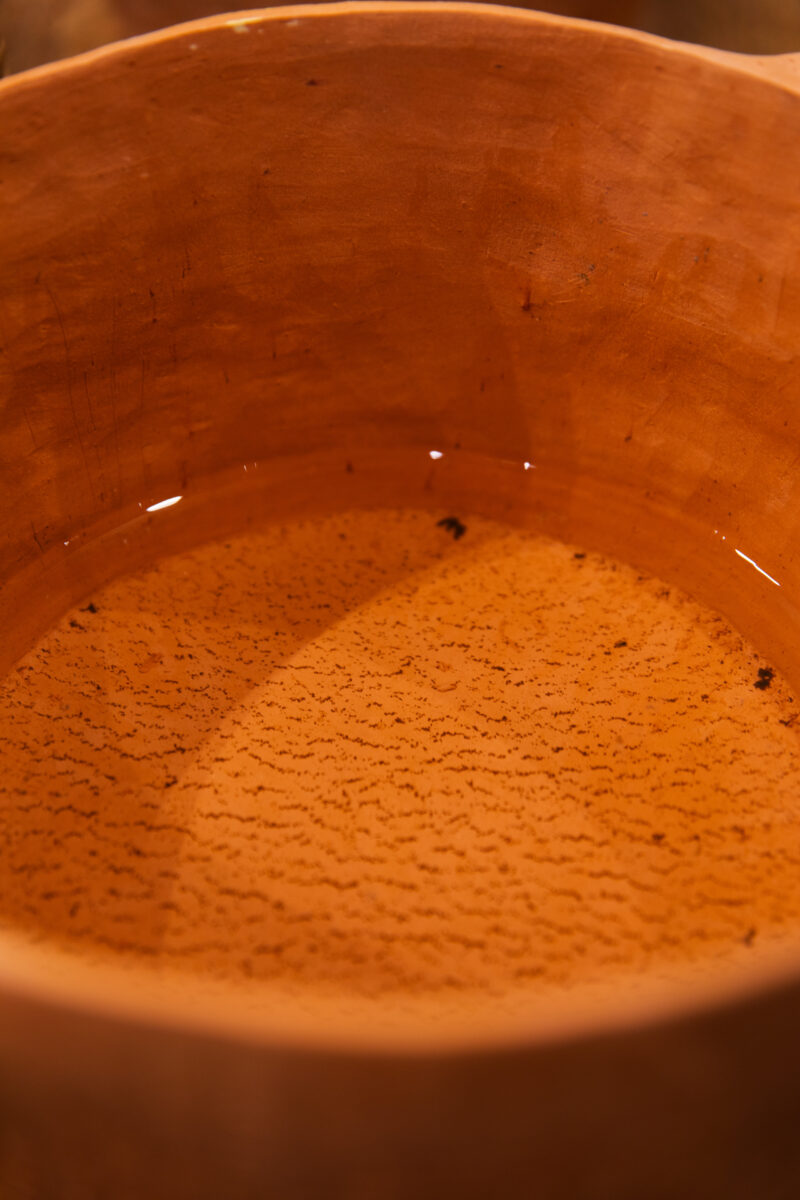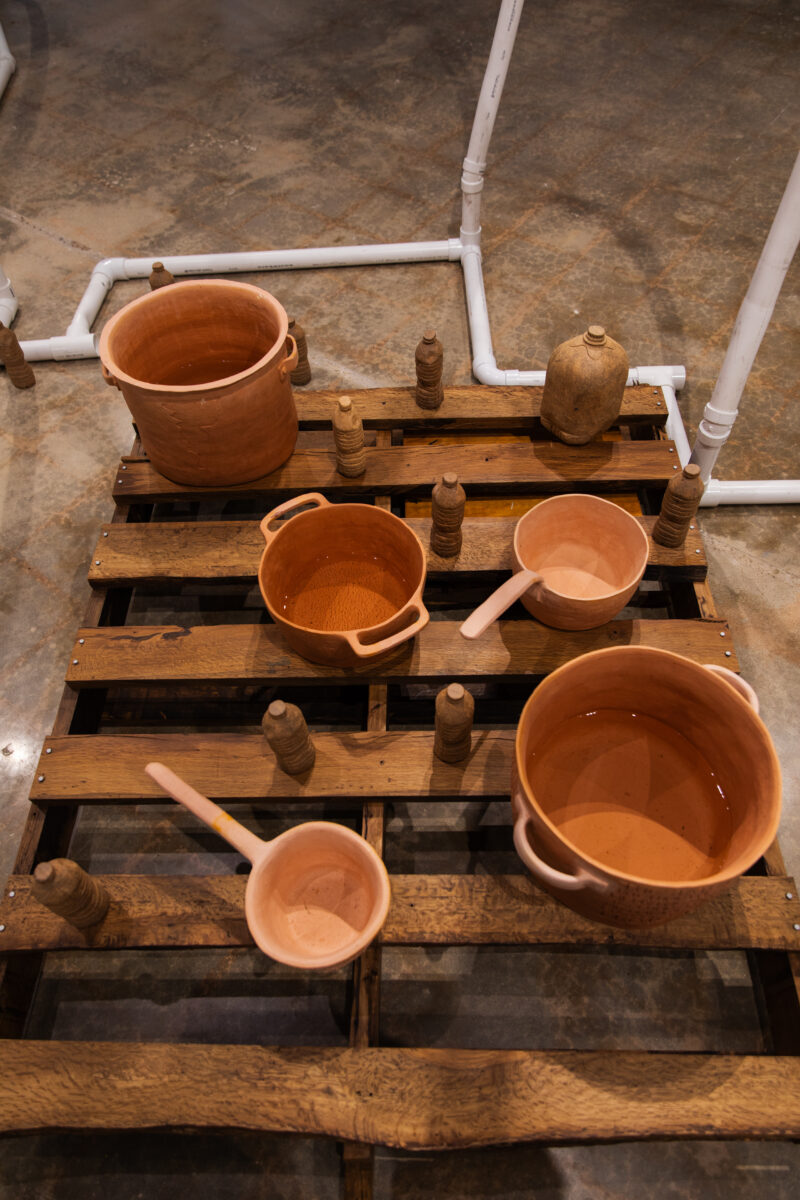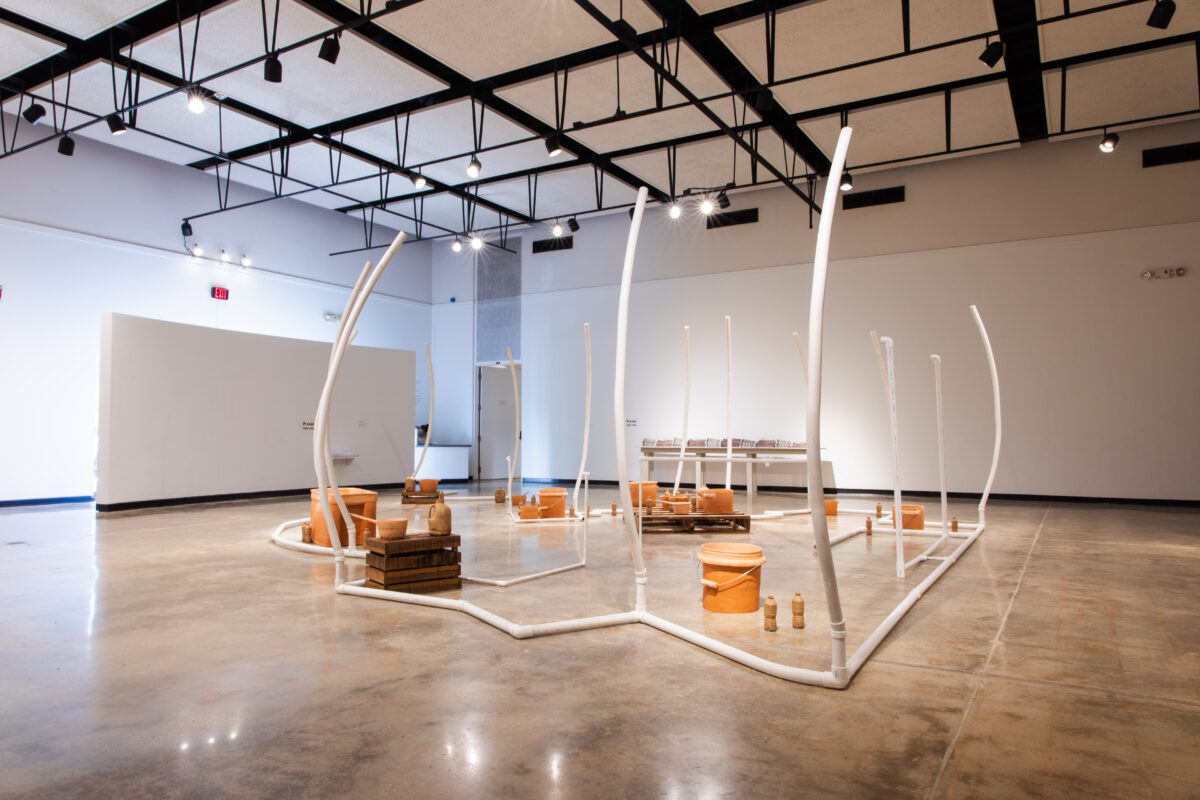Lexus Giles has yet to use a water fountain. That’s not because she’s never had the opportunity. It’s because she grew up in Jackson, Mississippi, and her family, as well as her surrounding community, have developed a lifetime of habits to get around the city’s failing water infrastructure. This includes using water fountains. It just didn’t happen.
Jackson’s water issues made national news in 2022 when the city’s largest water treatment plant failed, leaving 160,000 people without safe drinking water. But the water issues began long before that—the result of racist policies that went back decades. The U.S. Environmental Protection Agency Administrator referenced the failed water treatment plant a year earlier as an example of what his agency called "long-standing environmental justice concerns in historically marginalized communities."
Situations like this are at the heart of the U.S. water crisis.
May 7 kicks off the first-ever U.S. water sanitation and hygiene (WASH) convening in Washington D.C. Water For People is co-hosting this event alongside DigDeep as part of Vessel, a new collective bringing together communities, NGOs, academics, the public and private sectors, and others into a structured coalition for collective action in the U.S.
More than 2 million people across the United States lack access to running water and basic plumbing. The reasons are not unlike many of the challenges facing every single country Water For People works within—water scarcity, pollution, structural racism, inadequate infrastructure, and climate change impacts.
High-income countries like the U.S. are not exempt in solving Sustainable Development Goal 6—sanitation and water for all. Water is a human right for everyone, in every community, in every country.
This is why Water For People is involved in the conversations around U.S. WASH. It’s why we’re pushing for collective action like the proposed WASH Access Data Collection Act of 2024, which would help the federal government prioritize and plan water infrastructure plans more effectively. This is systems strengthening.
Lexus, a ceramic artist, will be exhibiting Wading the Woes of Jackson Water during the three-day D.C. convening. Her work reflects life for Americans whose day-to-day is impacted by the neglect of a failed and aging system. It is the human experience behind policy failures.
Below, Lexus shares some of the background for her art and what she hopes it accomplishes as it moves out into the world, particularly exhibiting in a city where policy decisions are made that impact communities like Jackson.




Tell us more about how you came to understand the habits your family developed to avoid the impact of Jackson’s failing infrastructure.
When I got to graduate school, I noticed my cohorts were always filling up these reusable water bottles at the water fountains—I have yet to use one—while I carried around plastic water bottles everywhere. I started thinking about other habits I have like adding a capful of bleach to bathwater, the hundred little things my family had done to move around the broken infrastructure.
How did these habits begin to inform your work?
I started thinking about what it’s like for the poor and black communities in Jackson [Jackson is 80% black with 25% living in poverty] that are having to deal with the water crisis constantly. As a kid I grew up making mud pies, but I never associated anything more with Mississippi clay until this work began. Here, I am able to create a relationship with the land and have this dialogue about the history and those who have lived there, from the Indigenous and enslaved to present-day citizens.
What did you learn about yourself and your community when creating Wading the Woes of Jackson Water?
At first, I thought the community itself had become numb because these issues had been going on for so long. But as I worked on the piece and started doing more research, I realized it wasn’t numbness. It was resilience.
Everyone is aware, but they have to keep moving, so they find ways to keep moving. You can hear my grandma and uncle in the audio piece of this work that there’s always been access to water, but they’ve always had to work hard to get it. It’s a continuous fight.
What do you hope comes from your work as it moves out into different kinds of spaces?
The work itself is important for me, but so is my community. Ideally, this is about being able to heal, to understand things aren’t right with certain institutional oppression.
A lot of people in my community and family don’t get out, so I’m able to collect their oral testimonies, and by that, they are able to travel. Their voices and testimonies speak through the work. They can speak to people in academia settings or places like Washington DC. They aren’t depending on other people for this access. They’re getting it done just by sharing the story.
